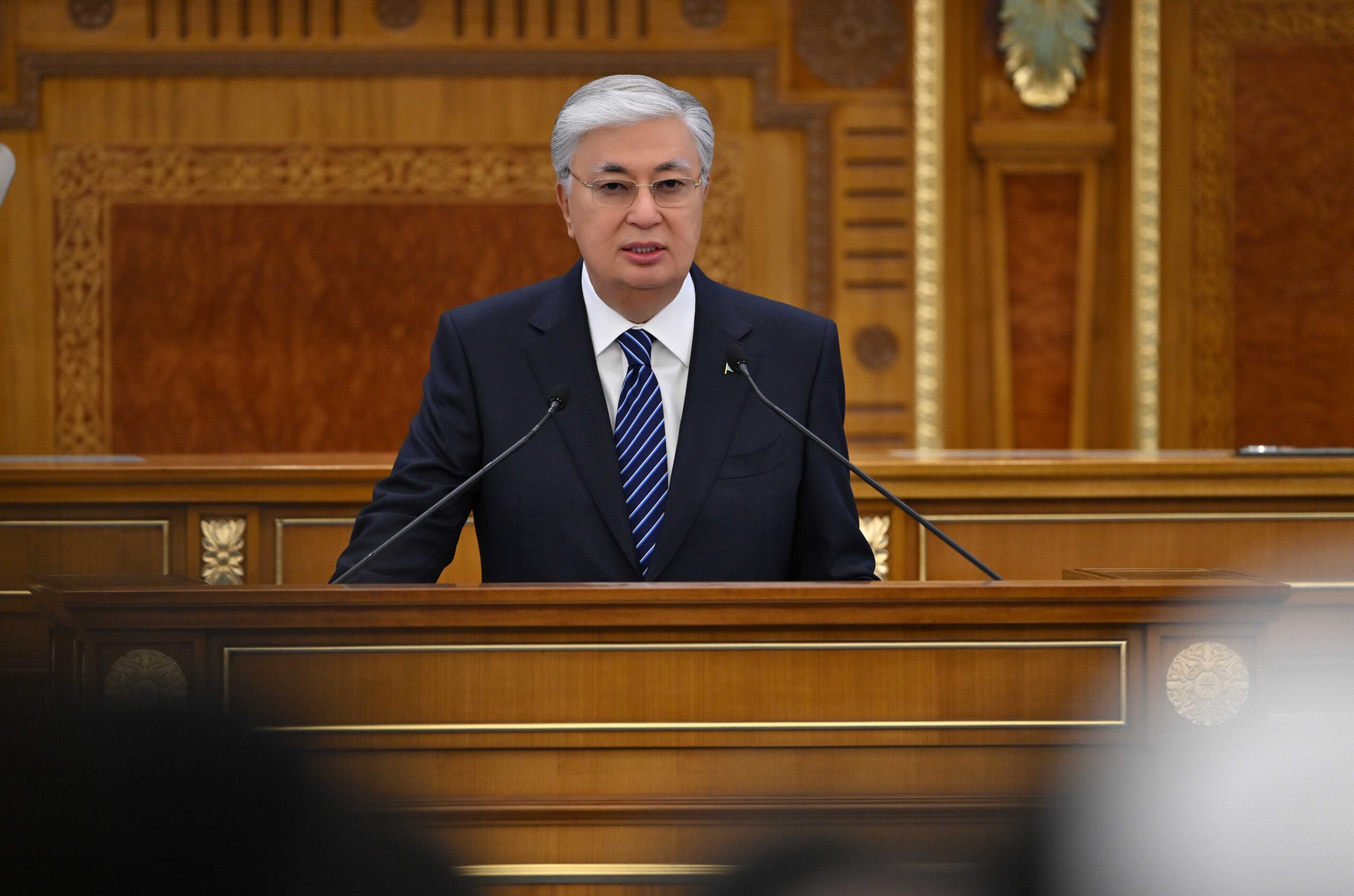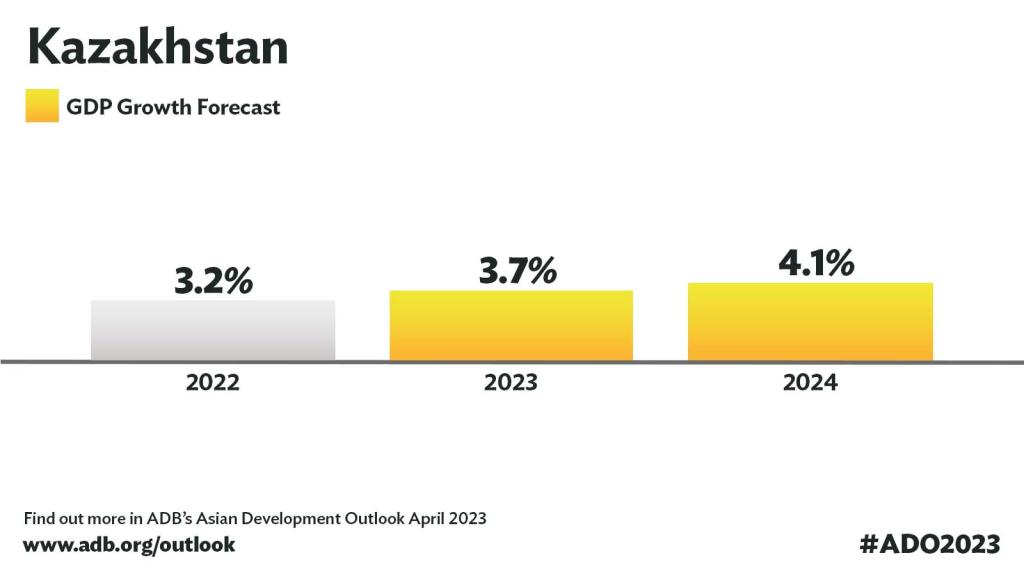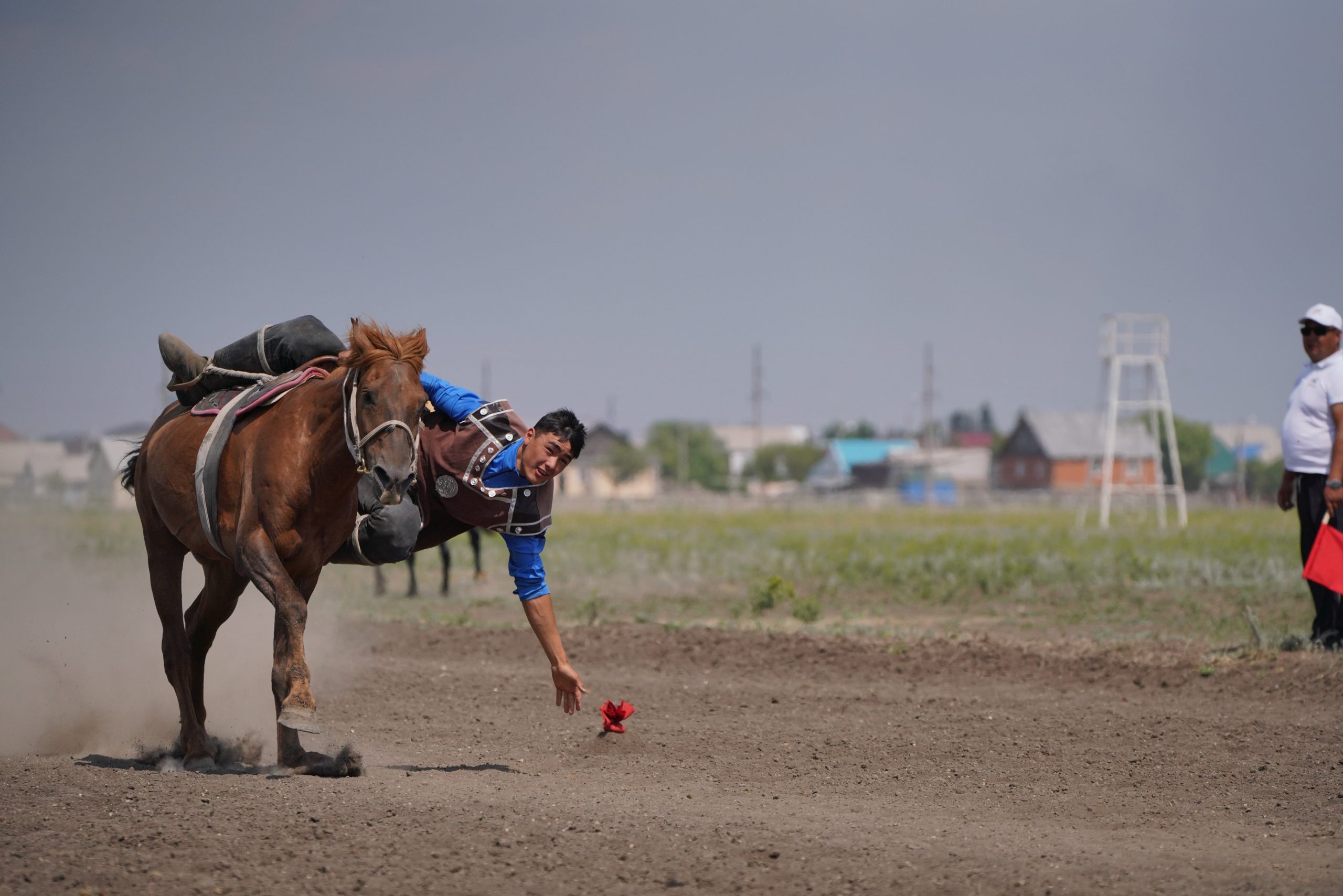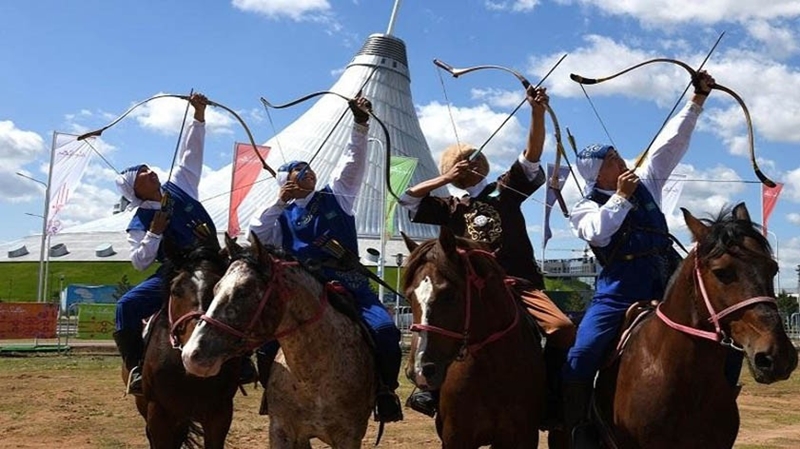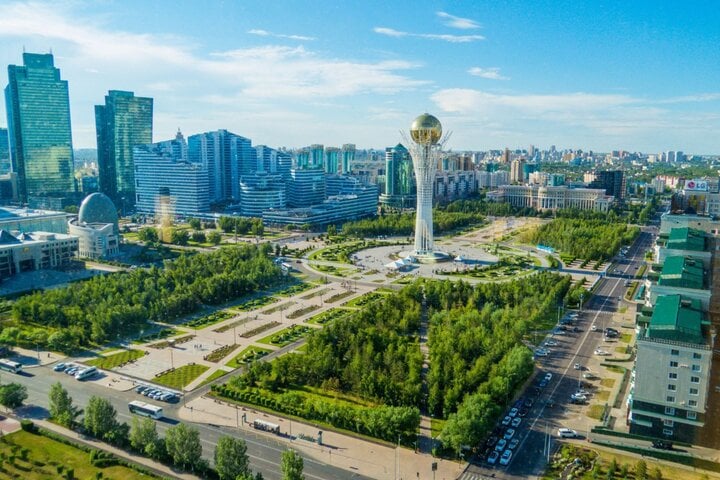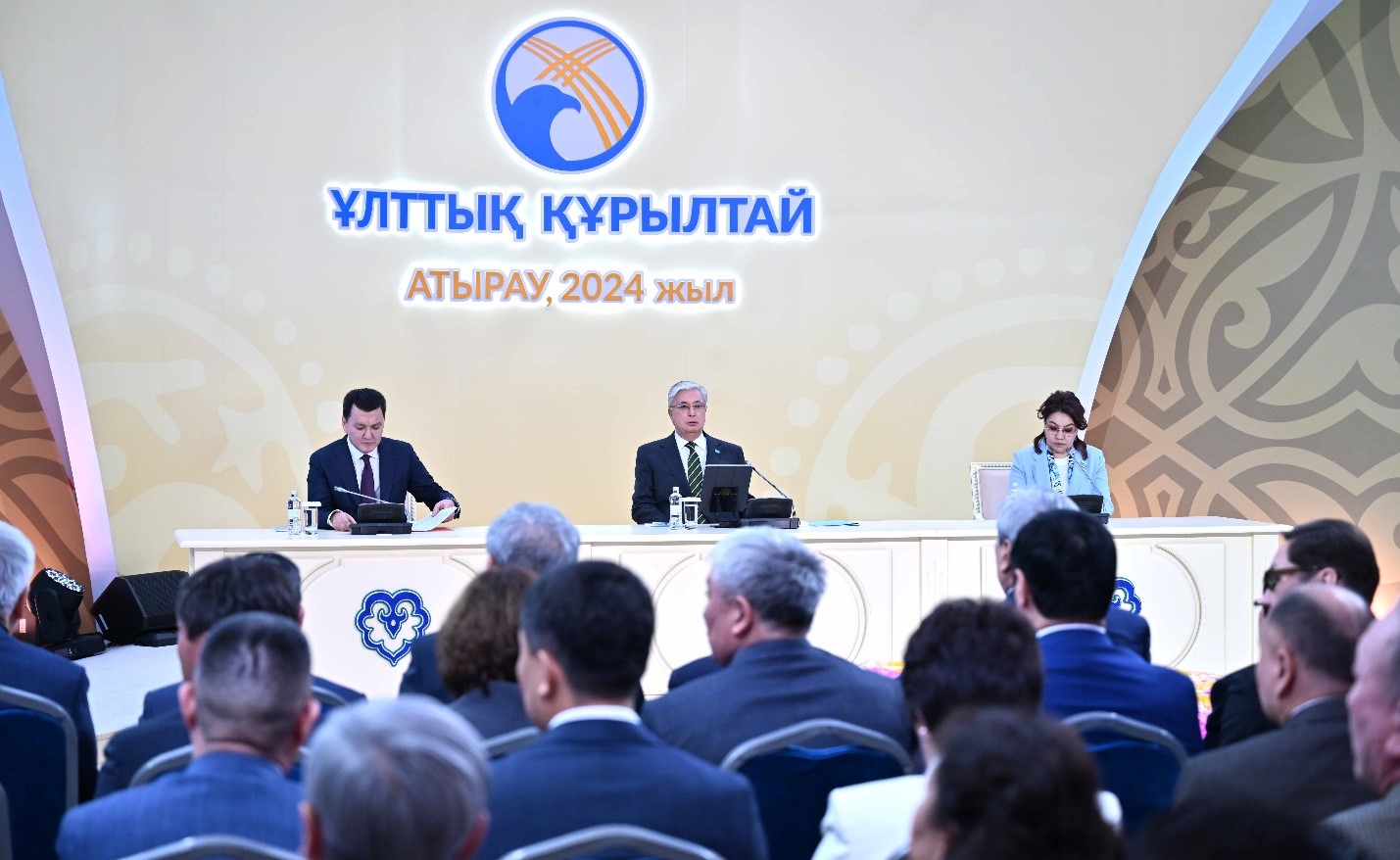Kazakhstan’s Groundbreaking Legislation: A Bold Step Towards Protecting Women and Children
Kazakhstan has recently taken a monumental stride in safeguarding the rights of its most vulnerable citizens – women and children. On April 15, 2024, President Kassym-Jomart Tokayev enacted laws aimed at strengthening protections and combating systemic issues of domestic violence and child abuse. This landmark legislation represents a significant legal reform for a nation committed to fostering a just and equitable society.

The new laws, meticulously crafted under President Tokayev’s guidance, by the Commissioner for Children’s Rights, members of Parliament, and government agencies, signify a shift in Kazakhstan’s approach to addressing violence and ensuring the safety of children and women. They reflect a concerted effort to challenge rooted societal norms and legal frameworks that have historically overlook women’s vulnerabilities and failed to adequately protect children.
Central to these legislative reforms is the reinstatement of criminal liability for acts of domestic violence against women. By eliminating lenient punishments and instituting stricter penalties, Kazakhstan is sending a clear message: violence against women will not be tolerated. Moreover, the introduction of preventative measures underscores the government’s commitment to proactively address and deter instances of abuse, regardless of victim complaint.
Equally significant are the provisions aimed at safeguarding the well-being of children. From imposing severe penalties for crimes against minors to establishing mandatory reporting mechanisms in educational settings, the new laws underscore Kazakhstan’s unwavering dedication to ensuring the safety and protection of its youngest citizens. By mandating life imprisonment for perpetrators of heinous crimes against children, Kazakhstan is setting a precedent for zero tolerance towards those who prey upon the innocence of youth.
Furthermore, the legislation emphasizes the pivotal role of the family institution in nurturing and safeguarding the rights of women and children. By establishing support centers for victims of domestic violence and promoting moral and spiritual education within families, Kazakhstan is laying the groundwork for a society rooted in compassion, empathy, and respect for traditional values.
President Tokayev’s unwavering commitment to combating domestic violence and protecting the rights of women and children is commendable. His vision of a just Kazakhstan, where the rule of law reigns supreme and the rights of all citizens are upheld, serves as a beacon of hope not only for Kazakhstan but for nations around the world grappling with similar challenges.
Internationally, Kazakhstan’s efforts have not gone unnoticed. From showcasing its legislative reforms at prestigious global forums to actively participating in initiatives aimed at combating gender-based violence, Kazakhstan has emerged as a regional leader in gender mainstreaming and human rights advocacy.
As we applaud Kazakhstan’s bold legislative reforms, we must also recognize that the journey towards achieving gender equality and ensuring the safety of women and children is ongoing. While laws provide a crucial framework, their effective implementation and enforcement are equally vital. Civil society, government agencies, and international partners must collaborate to translate these laws into tangible action, ensuring that every woman and child in Kazakhstan can live free from the scourge of violence and abuse.
In conclusion, Kazakhstan’s new laws on the rights of women and safety of children represent a watershed moment in the nation’s history. They signify a resolute commitment to upholding the principles of justice, equality, and human dignity for all citizens. As Kazakhstan continues on its path towards progress and prosperity, let us stand in solidarity with the women and children of Kazakhstan, affirming their inherent rights and dignity in the face of adversity.
